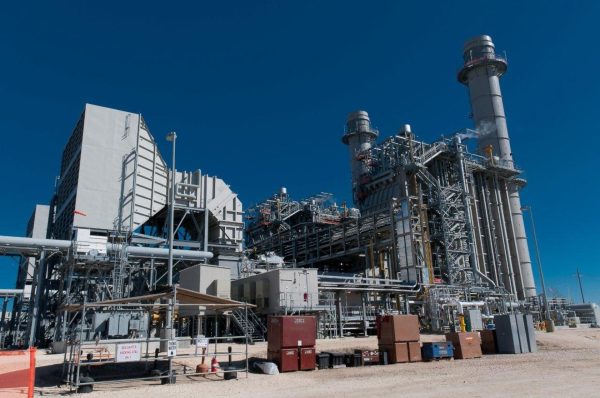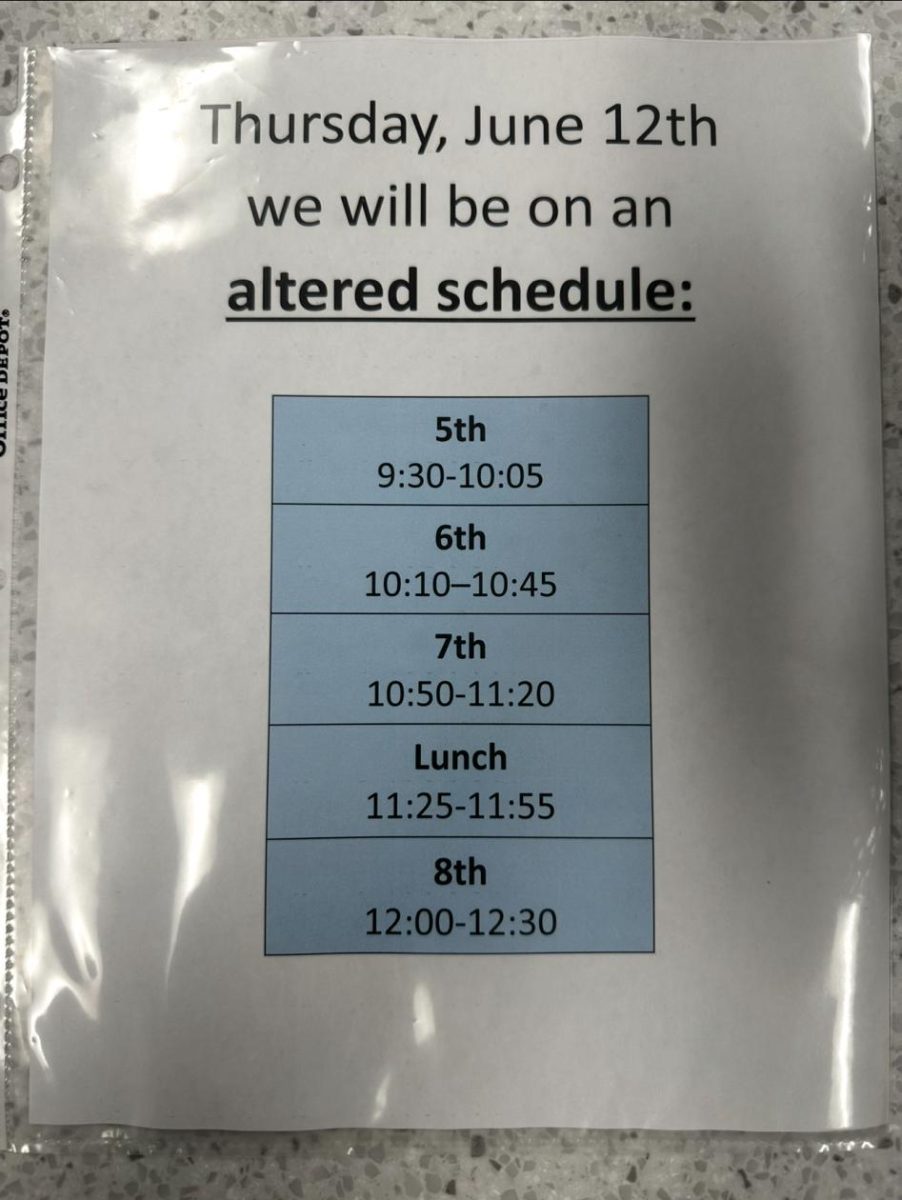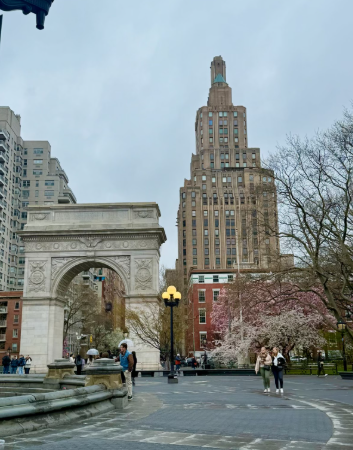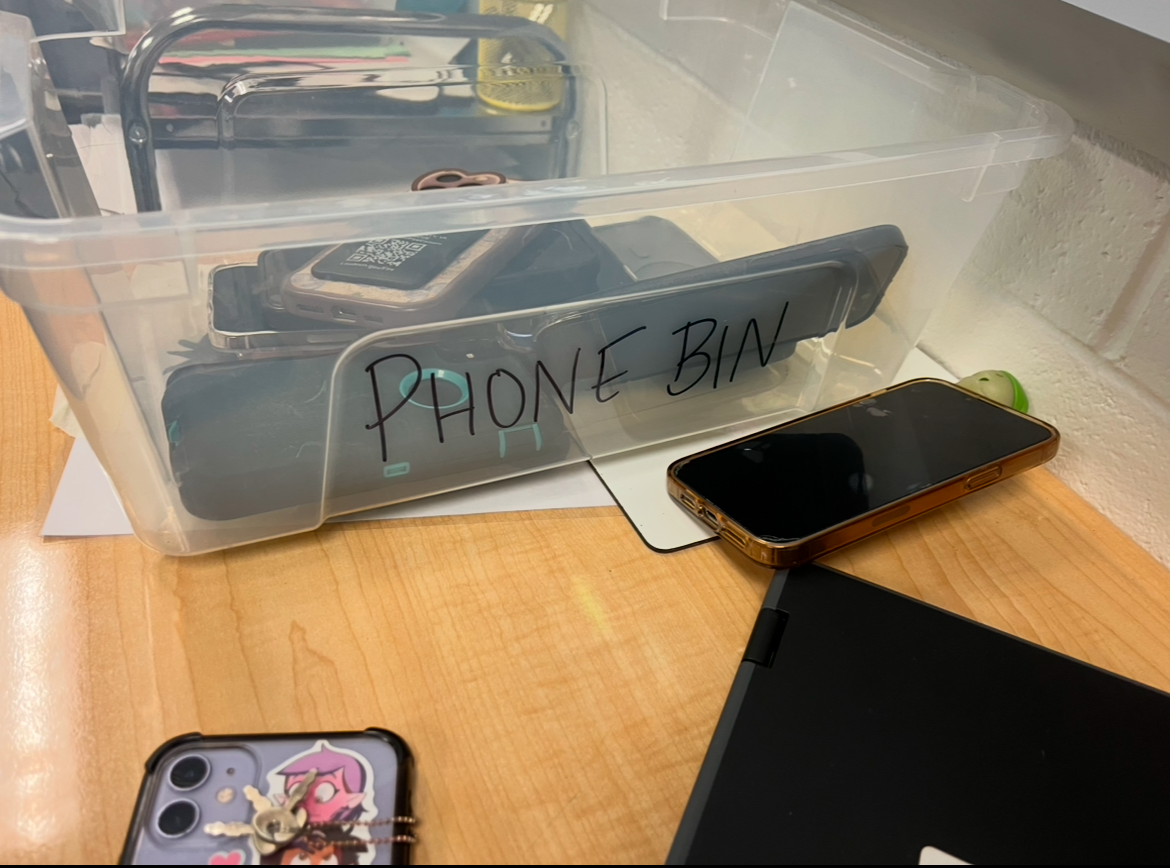On the coast of Louisiana, a fossil fuel project has been initiated, and it is expected to burn more carbon than the Willow oil-drilling project in Alaska. This project is called Calcasieu Pass 2, also known as CP2, and it is set to take up 550 acres of land and cost approximately 10 billion dollars to build. Experts theorize that the Federal Energy Regulatory Commission, otherwise known as FERC, will continue with this project due to it being in the public interest; this is partially due to the war in Ukraine, as Russia has greatly reduced fossil fuel emissions. Project CP2 could have absolutely devastating impacts on our carbon footprint.
“I actually had not heard about this particular project, but it is a bit surprising to me as there have been so many advancements in renewable energy resources over the past decade, and so many reports about the threats fossil fuels like natural gas pose to our future on Earth,” Planet Initiative Club Sponsor, and science teacher, Kathryn Wester said.
The latest research shows that CP2 will emit more carbon emissions than coal, and will create a carbon footprint twenty times that of the Willow Project. However, it has been suffering from equipment malfunctions, thousands of permit deviations, hundreds of emissions exceedances, and so much more over the span of just two years. CP2’s survival depends on a final approval from FERC which is expected in the next couple of weeks.

“A lot of natural gas companies have been able to expand their operations because there is not much public opposition to it,” Wester said. “The process of extracting natural gas, called fracking, also has the potential to increase seismic activity (like earthquakes) and pollute surface and groundwater resources. Given that this project is taking place in coastal Louisiana, that should be particularly concerning to people that live close by the plant.”
The malfunctions have proved to be such a nuisance that they’ve not only caused hundreds of families to move for fear of being poisoned by the gas emissions, or explosions from the malfunctioning equipment, but they’ve pushed out wildlife. Wild dogs and alligators, among other animals, have been spotted and have even attacked the locals.
“To decrease your carbon footprint you can turn the lights off when not using them, unplug chargers when not using them, not waste food, avoid single use plastic, and much more,” Wester said.
We should all be putting an effort into reducing our carbon footprint for the health of our ecosystem and our environment. It can be a small thing that you do everyday to reduce your carbon footprint, even just a little bit.































